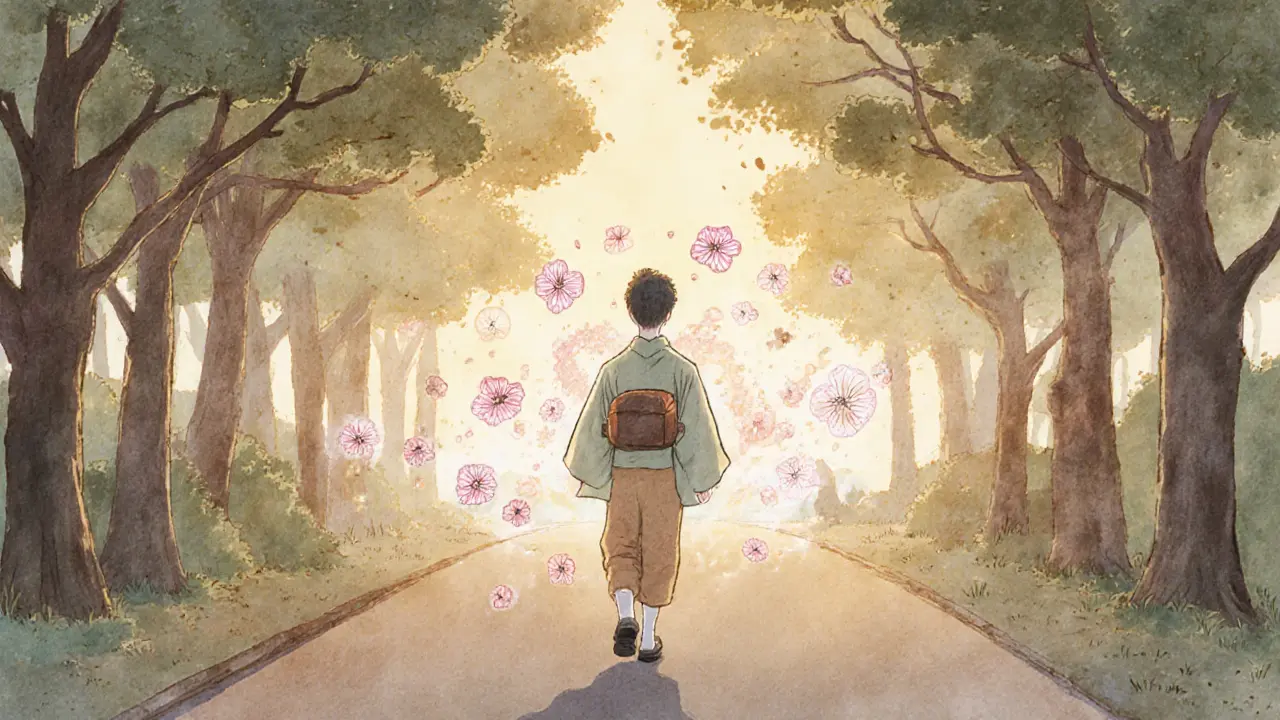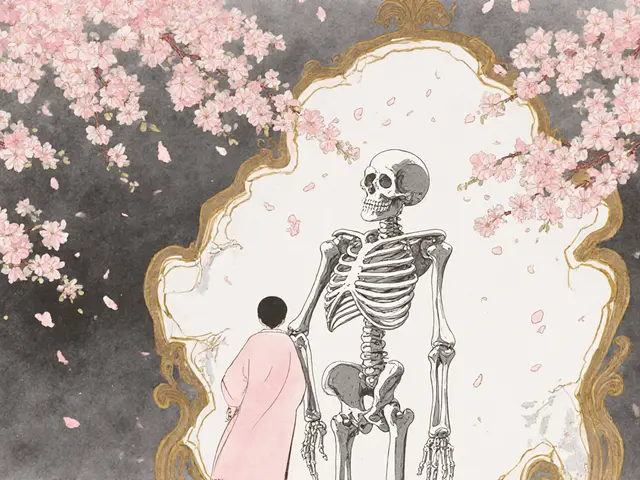Sport v léčbě závislostí: Jak pohyb pomáhá udržet abstinenci
When you think about recovery from addiction, you probably think of therapy, meetings, or medication. But there’s something else that works just as powerfully—and it doesn’t cost a cent: sport v léčbě závislostí, fyzická aktivita jako terapeutický nástroj, která přeprogramuje mozek a návrat k abstinenci činí přirozenějším. Also known as pohyb v adiktologii, it helps rebuild dopamine pathways damaged by years of substance use, giving you natural highs without chemicals. This isn’t theory—it’s practice. In Czech addiction centers, over 70% of programs now include structured physical activity because patients who move regularly stay sober longer.
Why does it work? When you run, swim, or even walk briskly, your brain releases endorphins and serotonin. These are the same chemicals alcohol or drugs once artificially boosted—but now they come from your own body. Over time, this rewires your reward system. You stop needing substances to feel good. You start needing movement. And that’s when recovery stops being a struggle and becomes a lifestyle. abstinence, stav bez užívání návykové látky, který se udržuje nejen díky vůli, ale i díky novým návykům. Also known as trvalá zdravá změna, it’s not about willpower alone—it’s about replacing one habit with another that heals. Many people in recovery say they didn’t truly feel alive again until they started moving. The rhythm of running, the focus in yoga, the teamwork in football—it gives structure, purpose, and a sense of belonging.
And it’s not just about mood. craving, náhlý, silný původní poháněč užívání látky, který často vede k relapsu. Also known as příval žádosti, it often hits when you’re bored, stressed, or alone. But if you’ve trained your body to respond to stress with a 20-minute walk or a quick workout, that craving loses its power. It doesn’t vanish—but you learn to outlast it. In one Czech study, people who exercised three times a week cut their risk of relapse by nearly 50% in the first year. And it doesn’t matter if you’re a gym rat or a beginner. Even gentle walking five days a week makes a difference.
What you’ll find below are real stories and practical guides from Czech therapists and people in recovery. You’ll learn how to start moving when you feel too tired, how to choose the right activity for your body and mind, and why some forms of exercise work better than others for managing triggers. We’ll also show you how to build a routine that sticks—not because you have to, but because you finally want to.
Sport a pravidelný spánek jsou klíčové pro stabilizaci návyků při léčbě závislostí. Výzkumy ukazují, že kombinace aerobní aktivity a spánkové hygieny zvyšuje úspěšnost abstinence o 35 % oproti tradičním metodám.
Zobrazit detaily

